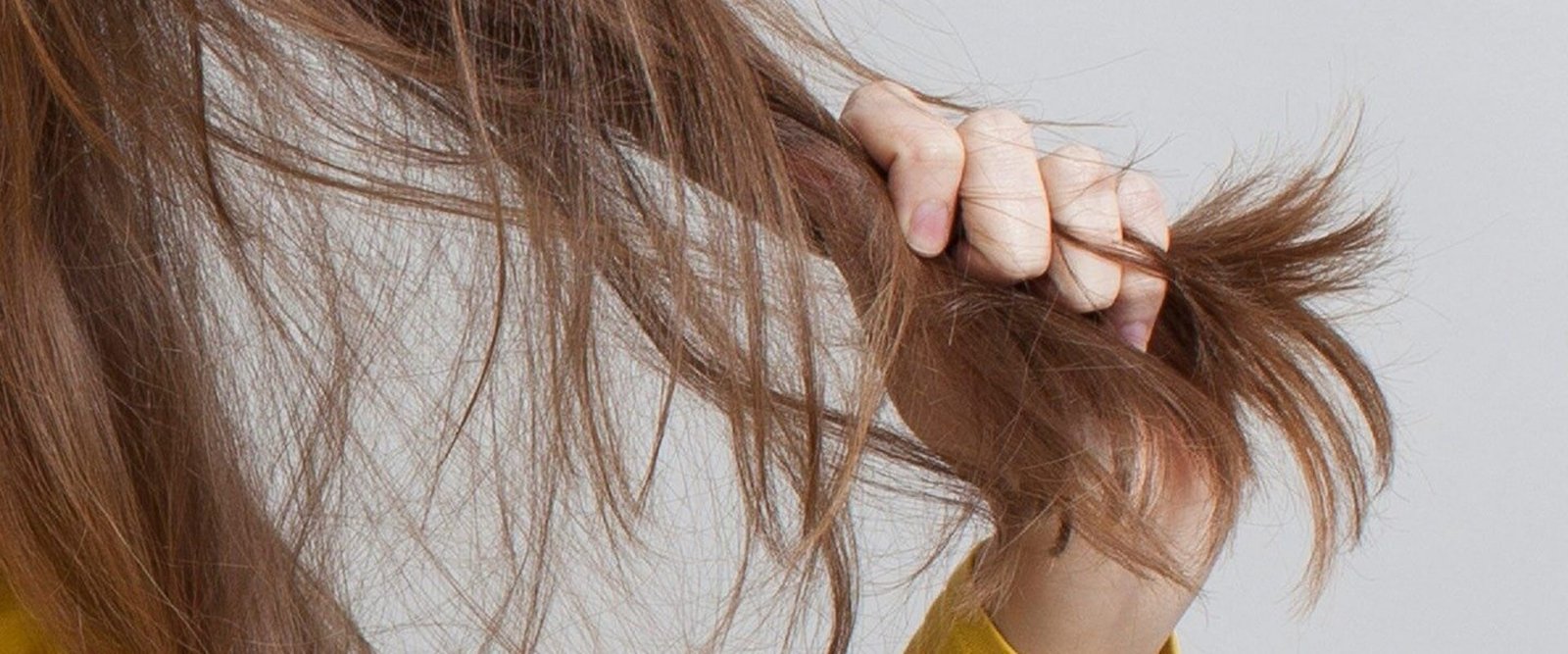Fortunately, the effects of malnutrition on the hair are reversible as long as you regain nutritional stability for 6 months or more. Once the deficiencies are corrected, the hair will grow back, although it may take some time. Drastically restricting calorie intake means you may not get enough essential nutrients, such as protein, fatty acids, and zinc. These deficiencies, especially if maintained over a period of time, can lead to a type of hair loss called telogen effluvium.
The good news is that this condition is usually reversible, so adopting healthier, less restrictive eating habits will allow hair to grow back. In addition, poor diet, weight loss, lack of protein, and eating disorders (anorexia and bulimia) can lead to hair loss. It is advisable to see your doctor to help you reverse the hair loss associated with these conditions. Here are some of the causes of diet-related hair loss and weight loss.
People mistakenly believe that the junk food they consume only makes them fat. However, if you are losing your hair, then your poor diet could be just as guilty as your genetics. While these products contain a variety of nutrients, the review of the medical literature finds a notable lack of evidence to support their use. Much of what is known about the effect of nutrients on hair loss is based on pathological conditions that provoke deficiency.
There is currently a lack of literature on the effects of supplementation on individuals without nutrient deficiency. In this article, we review the available literature on nutrient deficiencies that cause hair loss, detail the risk factors for these deficiencies, and review the available evidence on the effects of supplementation, both beneficial and adverse, on hair loss. Hair loss due to weight loss is not dangerous or permanent. In general, the body adjusts in a few months and hair production resumes.
Hair loss affects both men and women and is not limited to any age. Fast diets, unhealthy foods, and a nutritionally poor diet can lead to hair loss. Hair loss and malnutrition are often an index of a serious and invisible mental or physical health problem. One of the ideal ways to maintain healthy hair is to eat a nutritious diet.
Limited information on the effects of other amino acids and proteins that improve hair growth in the absence of deficiency. As mentioned, hair loss during weight loss can be due to nutrient deficiencies or rapid weight loss. This fungal infection is easily treated with antifungal drugs, which will stop hair loss. When estrogen levels drop after childbirth, most women experience hair loss that their body clings to during pregnancy While multiple nutrient deficiencies can lead to hair loss (Table, the detection of such deficiencies should be guided by history and physical examination).
Screening is indicated in people with risk factors, since hair loss due to zinc deficiency can be reversed. Instead of a fad diet, choose a balanced diet that provides your body with the nutrients it needs to function optimally. During pregnancy, most women have shiny, healthy hair that may appear thicker because older hair doesn't fall out at normal levels. If you have hair loss, it's critical that you identify the cause before trying to treat it.
This is particularly the case if the weight loss is due to a crash diet, weight loss surgery or a restrictive diet. Major stress, which sometimes accompanies a restrictive diet, has also been linked to hair loss (1.But as with vitamin A, consuming too much of this nutrient can cause health problems, including hair loss. If the fault lies with a restrictive or accelerated diet that does not give your body enough calories or nutrients, it is essential to stop the diet immediately and start feeding your body properly with a balanced diet rich in nutrient-rich foods. Limited information on the effects of vitamin E supplementation to improve hair growth in the absence of deficiency.
.





